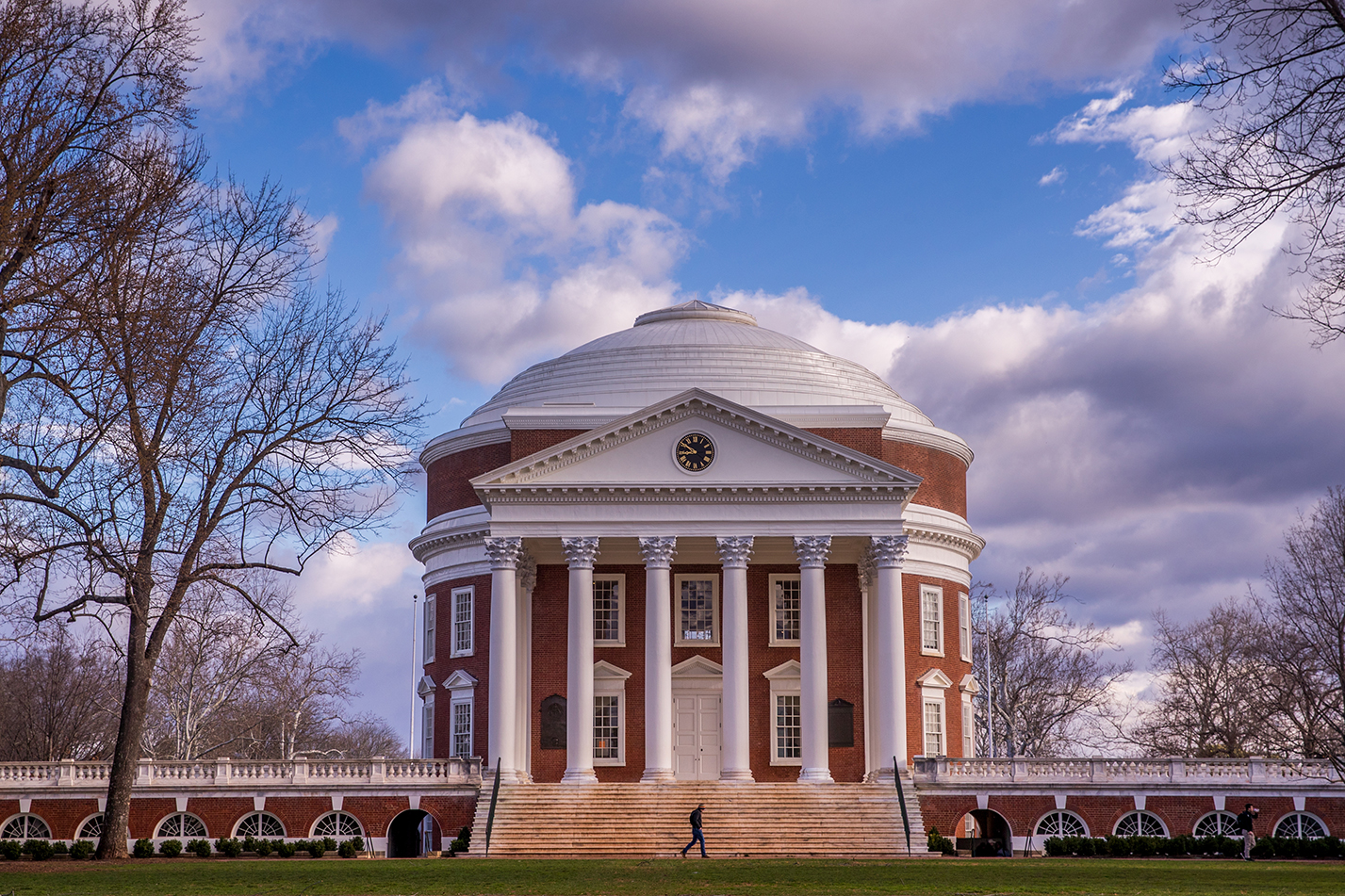
Instructor:
The world is flat. Vaccines cause autism. Climate change is a hoax. So is coronavirus. The deep state is conspiring against the president. The Mafia assassinated JFK. No, it was the CIA. Or LBJ. Or was it the Soviets and Fidel Castro? No matter what we think we know about politics, culture, or even the basics of science, there is a conspiracy theory to tell us that, actually, that’s all wrong and what “they” want you to think.
Why do people believe in conspiracy theories? What makes something a conspiracy theory? How do you recognize a conspiracy theory when you see one and how do you evaluate its claims? Contrary to popular belief, conspiracy theories are not simply the province of the naïve, foolish, or uneducated; we will look at how conspiracy theories serve as a way for people from all walks of life to make sense of a complicated and often baffling world.
In this class, we will consider these questions while examining a number of different conspiracy theories in detail, ranging from old classics like the Knights Templar and alien autopsies to new favorites like Pizzagate, QAnon, and whatever 2021 sees fit to throw at us. We will also think about how conspiracy theories are created and disseminated, particularly in the age of Facebook, Twitter, and Instagram, where anyone who claims to know the truth about anything can find others to subscribe to their views.
Given the importance and sheer proliferation of conspiracy theories in our world, how should we respond when we encounter them? And, in an age where we can watch new conspiracy theories form quite literally in real time online, what are our ethical obligations toward the conspiracy theories and conspiratorial thinking we see in our own social, political, and cultural lives?
